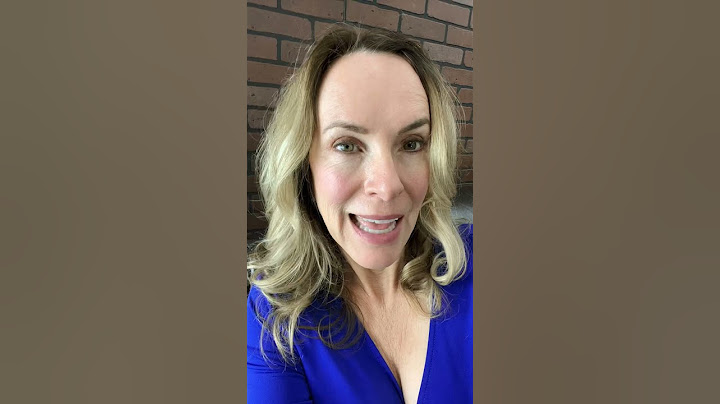CODE OF ETHICS Show
SMHCA members adhere to the Code of Ethics of the American Mental Health Counselors Association, which states as its preamble, "Mental health counselors believe in the dignity and worth of the individual. They are committed to increasing knowledge of human behavior and understanding of themselves and others. While pursuing these
endeavors, they make every reasonable effort to protect the welfare of those who seek their services, or of any subject that may be the object of study. They use their skills only for purposes consistent with these values and do not knowingly permit their misuse by others. While demanding for themselves freedom of inquiry and community, mental health counselors accept the responsibility this freedom confers: competence, objectivity in the application of skills, and concern for the best interest
of clients, colleagues, and society in general. In the pursuit of these ideals, mental health counselors subscribe to the following principles: 1. Welfare of the Consumer 2. Clients' Rights 3. Confidentiality 4. Utilization of Assessment Techniques 5. Pursuit of Research Activities 6. Consulting 7. Competence 8. Professional Relationships 9. Supervisee, Student and Employee Relationships 10. Moral and Legal Standards 11. Professional Responsibility 12. Private Practice 13. Public Statements 14. Internet On-line Counseling 15. Resolution of Ethical Problems American Mental Health Counselors Association complete Code of Ethics MISSION, PURPOSE, AND VALUES Mission Statement To promote the value of professional counseling as well as supporting and unifying professional counselors in all settings resulting in high quality practices in Florida. Purpose The purpose of the Florida Counseling Association is to promote the counseling profession through public awareness, professional development, and advocacy. Objectives
FCA Brochure Front Side | FCA Brochure Back Side FCA BYLAWS AND GOVERNANCE Related Documents
Related TopicsWhat are the seven sections of the code of ethics of counselors?These principles are autonomy, beneficence, non-maleficence, fidelity, justice, veracity, and self-respect (American Counseling Association, 2014; British Association for Counselling and Psychotherapy, 2018).
How do you cite ACA code of ethics?Citing the ACA ethics code.
On the ACA website (http://www.counseling.org/knowledge-center/ethics), ACA provides a reference example with the reference information they prefer readers to use. American Counseling Association (2014). ACA Code of Ethics. Alexandria, VA: Author.
What are the ethical decision making models in counseling?The five bedrock principles of autonomy, justice, beneficence, nonmaleficence, and fidelity are each vital in and of themselves to a healthy counseling relationship. By exploring an ethical dilemma with regard to these principles, a counselor may come to a better understanding of the conflicting issues.
When and where will the next Amhca national conference take place?Join us for the 2022 AMHCA Annual Conference Wednesday, June 22 - Friday, June 24, 2022 Live in Las Vegas!
|

Related Posts
Advertising
LATEST NEWS
Advertising
Populer
Advertising
About

Copyright © 2024 kemunculan Inc.


















